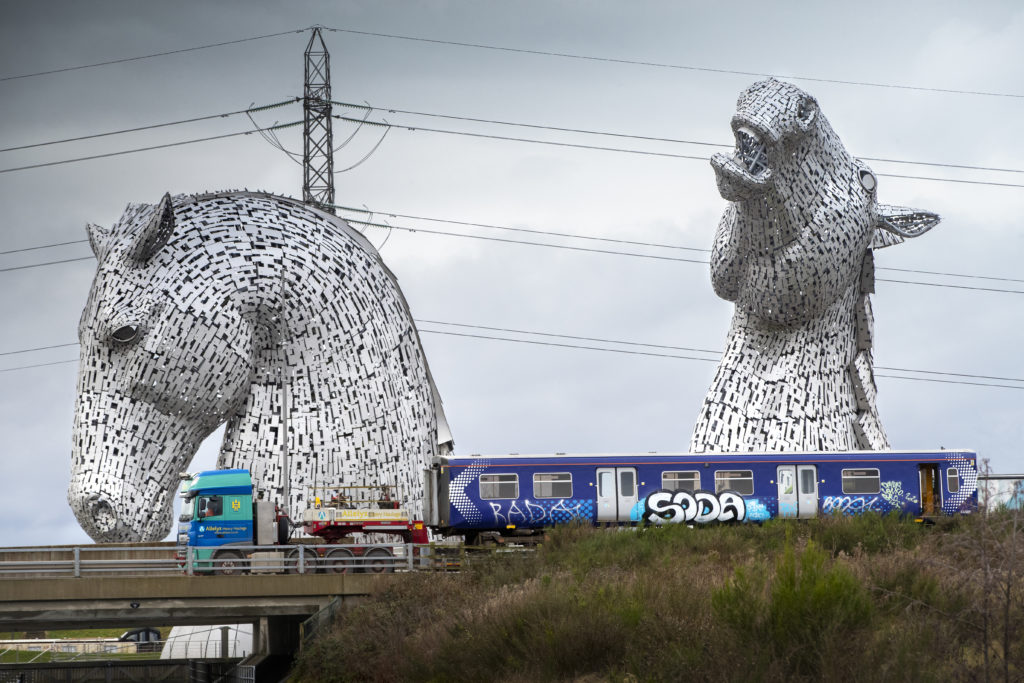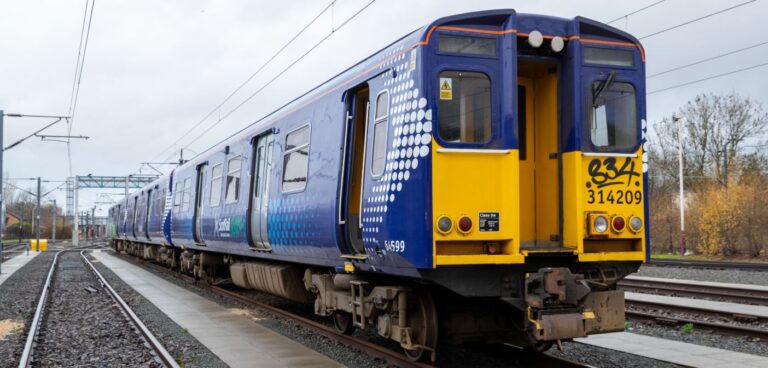Scotland’s first hydrogen-powered train is being developed by a consortium of energy and rail organisations.
Scottish Enterprise, Transport Scotland and the University of St Andrew’s hydrogen accelerator have appointed Arcola Energy to deliver a production-ready and safety-certified hydrogen-powered train by November 2021.
The hydrogen fuel-cell company will work as part of a supply-chain collaboration featuring rail engineers and safety experts that aims to deliver a full system design and integration based on Arcola’s A-Drive technology platform.
Arcola will develop the technology platform for the train’s new powertrain from its planned new Bo’ness base. The collaboration will convert a Class 314 car-passenger train, made available by ScotRail, into a deployment-ready and certified platform for hydrogen-powered train development.
By adapting Arcola’s existing A-Drive platform, the consortium said it aims to reduce development time and cost to deliver a complete hydrogen powered solution in 10 months.
Ben Todd, CEO of Arcola Energy, said: “Hydrogen traction power offers a safe, reliable and zero-carbon alternative for Scotland’s rail network.
“The hydrogen train project is an excellent opportunity for industry leaders in hydrogen, rail engineering and safety to collaborate with Scottish technology providers to develop a deployment ready solution.”

The Bo’ness and Kinneil Railway will provide engineering facilities and support for testing and public demonstrations.
Following the demonstrations, the train will serve as a development platform for Scottish technology providers and academics at Scottish Enterprise and the hydrogen accelerator.
According to consortium member Arup, the project will explore opportunities for Scotland’s hydrogen-enabled low carbon strategy and develop a roadmap to roll out hydrogen trains across Scotland and support decarbonisation of the network.
Clare Lavelle, Scotland energy business lead at Arup, said: “With Scotland’s focus on achieving net zero emissions by 2035 and rail playing a leading role in this, hydrogen offers a safe, reliable and zero-carbon alternative to other forms of rail propulsion.
“This project is not only a crucial step in helping us understand the practical challenges of using hydrogen traction power on our railways, but an example of the type of investment Scotland needs to take advantage of the opportunity to build a secure, flexible, cost effective and zero carbon energy network.”
The consortium will showcase the hydrogen-powered train during COP26, hosted by Glasgow, from 01-02 November 2021.





